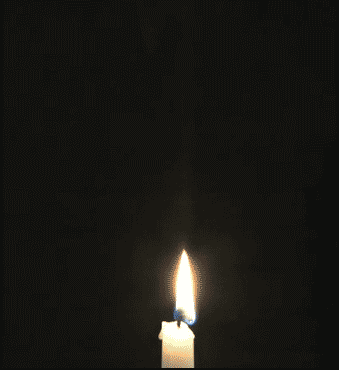The 18-foot granite Titanic Memorial in Washington, D.C., shows a robed man rising from the waves, his arms extended like a cross.
Once a year, at the precise time on April 15, 1912, when the liner was declared doomed, the Men's Titanic Society gathers at this statue, which is hidden behind Fort McNair after being moved to make way for the Kennedy Center. Members wear tuxedos, to honor the passenger who donned evening clothes in order to "die like a gentleman."
A toast in the rite includes: "Chivalry, gallantry, bravery and grace. … To the young and old, the rich and the poor, the ignorant and the learned, all who gave their lives nobly to save women and children. To those brave men."
No one debates the values that inspired that sacrifice.
"Men seem to instinctively treat masculinity as the call to die so that others may live -- the highest form of sacrifice," noted Nancy Pearcey, in "The Toxic War on Masculinity," her latest work of Christian apologetics. "That principle seems to be built into men's created nature."
However, Pearcey noted that sociologist Michael Kimmel has offered clues as to why many activists now condemn "traditional masculinity."
Kimmel asked West Point cadets to describe a "good man," and heard "honor," "duty," "integrity," "sacrifice," "do the right thing," "be a protector" and similar responses. When he asked what it means to "man up" as "a real man," cadets said, "tough," "never show weakness," "win at all costs," "suck it up," "get rich" and "get laid."
Pearcey calls the "good man" credo the "software of God's creation," while the "real man" stereotype reveals the "virus of sin."










